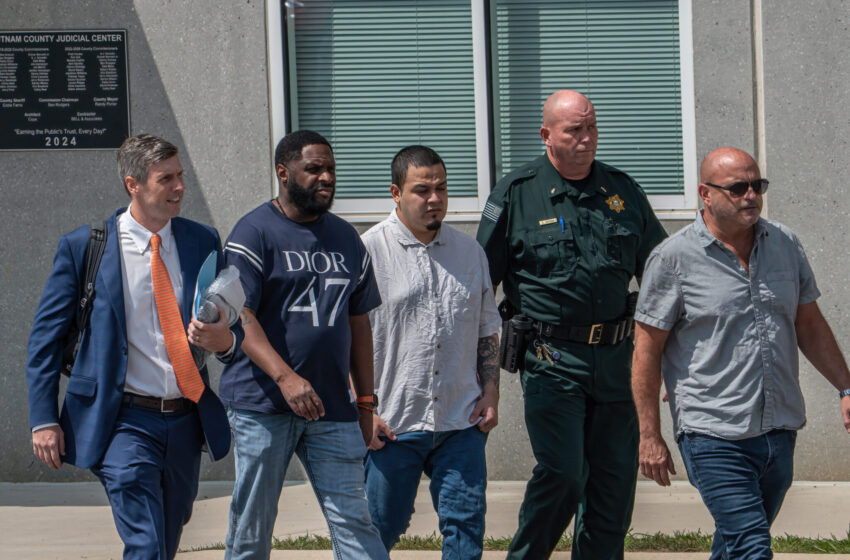Kilmar Abrego Garcia detained by ICE: What to know about his case

Kilmar Abrego García after release from Tennessee jail amid deportation talks. Credit: John Partipilo/Tennessee Lookout
In a move that has reignited controversy and sparked national outcry, Kilmar Abrego Garcia, a Salvadoran legal resident who was previously wrongfully deported, was detained by ICE in Baltimore on Monday and now faces deportation to Uganda, despite having no ties to the country. His case raises urgent questions about due process, coercion, and the reach of U.S. immigration policy.
A Legal Saga: From El Salvador to the U.S. Courts
In March, Abrego Garcia was mistakenly deported to a high-security prison in El Salvador, an act later deemed illegal under a 2019 court order that granted him protected status due to credible threats in his home country. A federal judge subsequently demanded his return, and he was back in the United States by June, only to be indicted on human smuggling charges stemming from a 2022 traffic stop in Tennessee, charges he denies.
Abrego Garcia appeared at the ICE field office in Baltimore on August 25, attending a routine check-in mandated as part of his release conditions. Instead of being processed normally, he was detained, just days after being released by a judge who determined he posed no danger.
Deportation to Uganda
Officials are now moving to deport him to Uganda, under a newly struck agreement that allows the U.S. to transfer certain deportees there. His lawyers maintain that this move is coercive, citing a plea offer from the government: deportation to Costa Rica, considered safe and Spanish-speaking, in exchange for a guilty plea. Kilmar Abrego Garcia refused, prompting the switch to Uganda as a punitive measure.
READ ALSO
Kilmar Abrego García: What to know about his possible deportation to uganda
What is the Alligator Alcatraz? Inside Florida’s controversial migrant detention center
Allegations and Defense: MS-13, Human Smuggling, Retribution
The Trump administration, including DHS Secretary Kristi Noem, has publicly labeled Abrego Garcia as an MS-13 gang member, human trafficker, domestic abuser, and child predator. Abrego Garcia has denied all allegations; his attorneys argue there is no evidence linking him to gang activity and view the charges as retaliatory for his earlier legal victory.
Abrego Garcia’s legal team responded immediately, filing a lawsuit in federal court (District of Maryland) to block his removal until due process is granted. In response, a blanket court order halts deportation efforts for at least two days, a standard relief measure for detainees challenging their confinement in Maryland.
Community Support and Political Response
Outside the ICE facility, supporters rallied, chanting “Free Kilmar” and demanding justice. Several elected officials have voiced support, including Senator Chris Van Hollen, who condemned the deportation attempt as an abuse of power, and Governor Wes Moore, who emphasized the importance of letting a court, not political appointees, determine Abrego Garcia’s fate.
Why It Matters
- Due Process Concerns: The case highlights the tension between immigration enforcement and constitutional rights, can removal proceed while charges are unresolved?
- Policy and Precedent: Using a country like Uganda with no personal connection to the subject raises concerns about arbitrary third-country deportations.
- Political Weaponization: Critics argue that the immigration system is being manipulated to penalize individuals for exercising legal rights, especially when prior deportation was already ruled unlawful.
This rapidly evolving story puts the spotlight on how immigration enforcement, political strategy, and the legal system intersect, and what’s at risk when an individual’s rights clash with state power.

